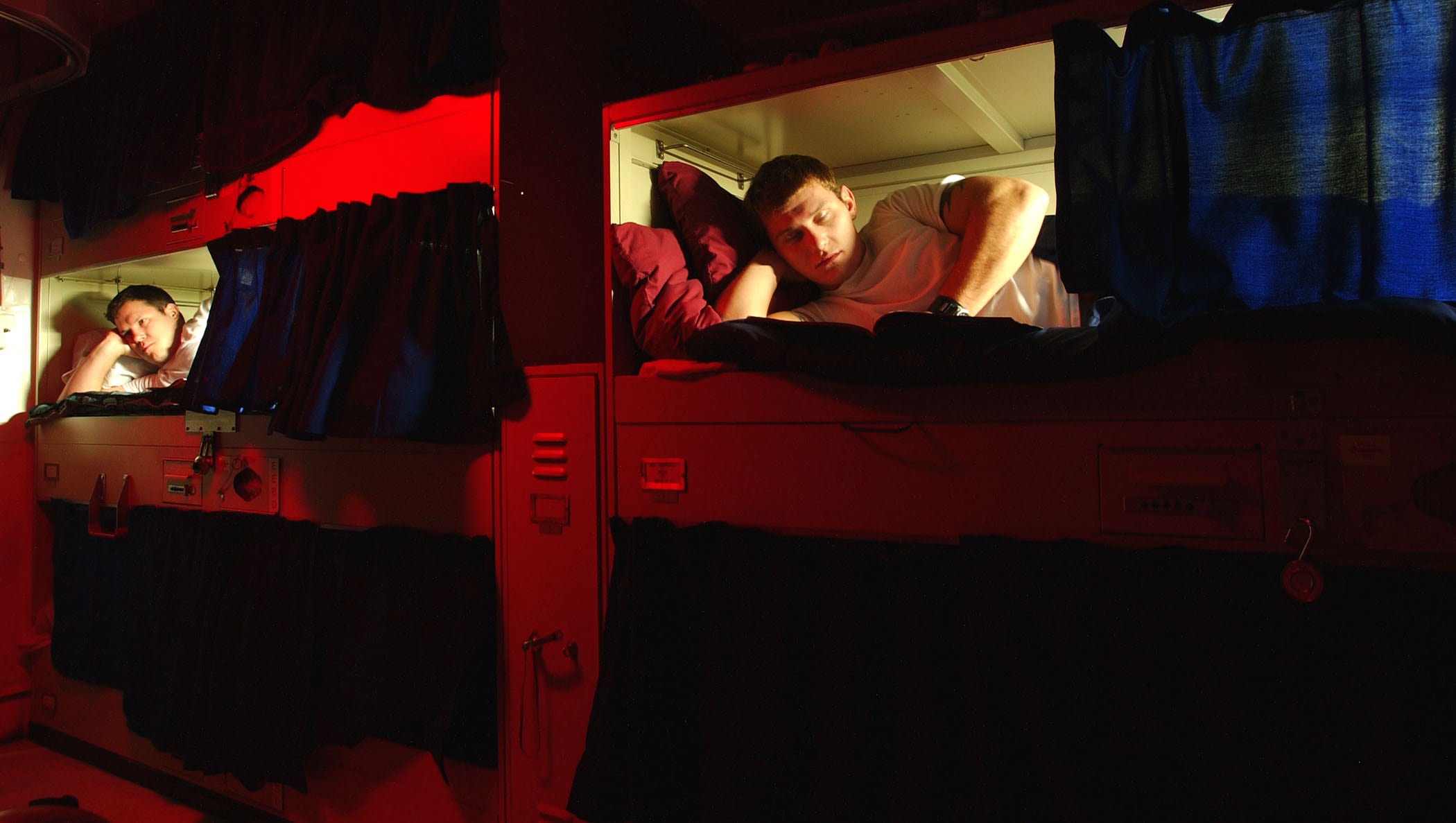While usage of caffeine and nicotine may have a positive effect in limited small doses, consistent and high-level doses of those stimulants often negatively impact operational readiness and health of U.S. sailors, according to a new study from Pepperdine University.
The study, published in March, included a sample size of 15,880 active-duty Navy personnel, and evaluated the relationship between job stress and stimulants, and their effect on readiness in an operational environment.
It determined that stimulants could be the “best option” for short-term and occasional operations, but ultimately worsened conditions when sailors routinely faced high job stress and poor sleep schedules.
“The preponderance of results indicates that stimulants are far more often counterproductive than [effective] as a countermeasure, and thus there is little basis for endorsing chronic use of stimulants in high-stress occupations,” the study said.
Of the participants in the study, 87 percent reported consuming caffeine, and 31 percent reported using nicotine.
RELATED

The study evaluated stimulants including caffeine in the form of coffee, soda, and tea; energy drinks, caffeine supplements such as gum; tobacco in the form of cigarettes and cigars; electronic nicotine delivery systems such as a vape or an e-cigarette; and smokeless nicotine in the form of chew, snuff, patches or gum.
Specifically, the study said there were some benefits on mental and physical health of caffeinated beverages for sailors going on less than five hours of sleep, if they consumed two to four of these drinks.
But in high-stress work environments, caffeinated beverage consumption had the opposite effect. The study found that in these cases, consuming between two to four caffeinated beverages “amplifies the detrimental [effects] of restricted sleep.”
Meanwhile, nicotine usage demonstrated limited benefits to readiness and physical health across the board. The study found a one to three percent reduction in functional impairment with each serving.
“These data support [efforts] to reduce chronic use of stimulants, and underscore the importance of actively managing stress and sleep factors in order to enable, protect, and sustain the readiness and health of those who work, live, and serve in operational environments,” the study said.
The U.S. Navy’s Afloat Safety Climate Assessment Survey project collected the data for the study between October 2020 and June 2023, inviting sailors to voluntarily participate in the study via an email link. Sailors from 122 ships participated.




